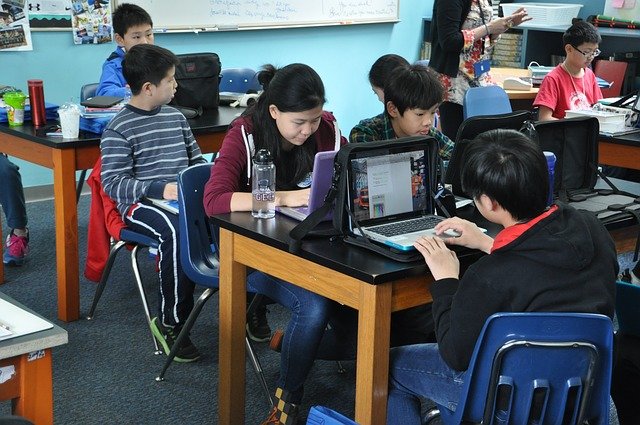The Implementation and Challenges of using Role-Play to Improve Chinese University Students’ English Communicative Competence
DOI:
https://doi.org/10.31273/eirj.v8i1.592Keywords:
EFL, English as a foreign language, China, university, role-play, communicative competenceAbstract
English is taught as a compulsory course in Chinese universities and it is necessary to find feasible ways to improve students’ English ability to communicate. Role-play is believed as an effective way to enhance second language learners’ communicative competence and it is also supposed to be able to be effective in Chinese universities EFL classes. The real effect, however, relies on the actual implementation in classes. If the teachers inappropriately adopt role-play, it is hard to be useful. Due to the lack of research paying attention to this issue, it is not clear how Chinese university English teachers use role-play and whether it is effective. For this reason, a case study was conducted, with a Chinese university EFL teacher taking part in the interviews. The results show that participants attempt to maximise the effectiveness of role-play to improve students’ English communicative competence by practising comprehensive language skills, linguistic knowledge, and workplace topics. Nonetheless, some issues, namely script preparation, students’ proficiency difference and class size are identified. These may challenge the actual effectiveness of role-play. Possible solutions, including selecting role-play according to students’ ability, considering individuals’ condition, mixed-ability grouping and small class size, are suggested thereafter.
Downloads

Downloads
Published
Issue
Section
License
Copyright (c) 2020 Hongming Fan

This work is licensed under a Creative Commons Attribution 4.0 International License.
Authors who publish with this journal agree to the following terms:
Authors retain copyright and grant the journal right of first publication with the work simultaneously licensed under a Creative Commons Attribution License (CC-BY), which permits use and redistribution of the work provided that the original author and source are credited, a link to the license is included, and an indication of changes which were made. Third-party users may not apply legal terms or technological measures to the published article which legally restrict others from doing anything the license permits.
If accepted for publication authors’ work will be made open access and distributed under a Creative Commons Attribution (CC-BY) license unless previously agreed with Exchanges’ Editor-in-Chief prior to submission.
Authors are able to enter into separate, additional contractual arrangements for the non-exclusive distribution of the journal's published version of the work (e.g., post it to an institutional repository or publish it in a book), with an acknowledgement of its initial publication in this journal.
Authors are permitted and encouraged to post their work online (e.g., in institutional repositories or on their website) prior to and during the submission process, as it can lead to productive exchanges, as well as earlier and greater citation of published work. (see: The Effect of Open Access)
